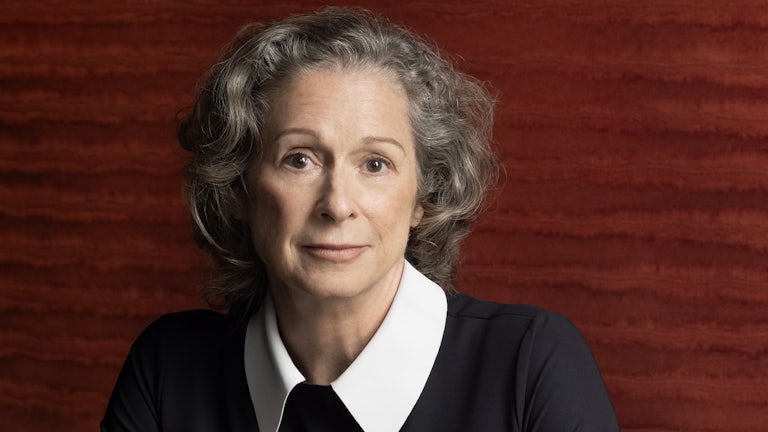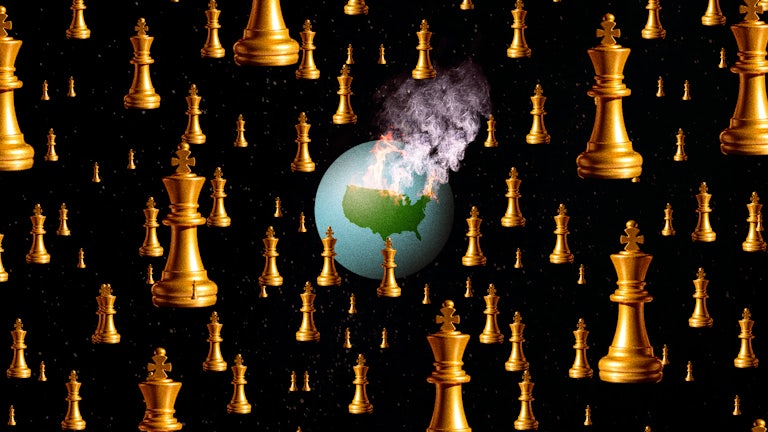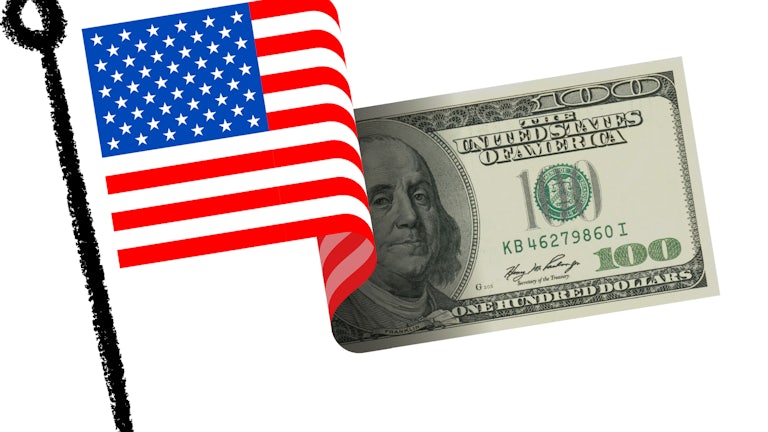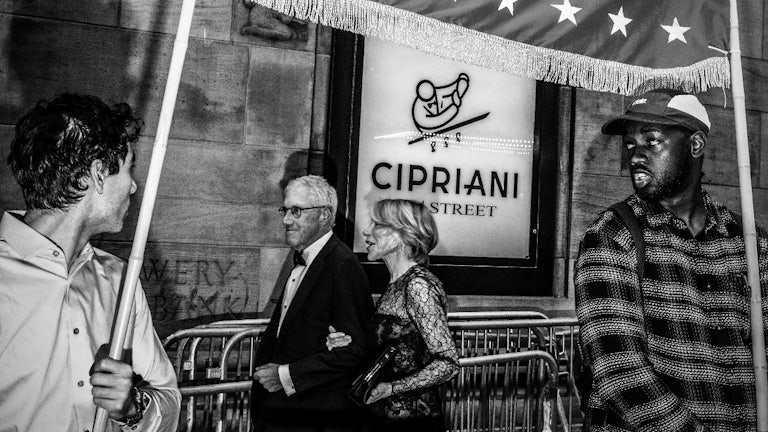

The Obscene Wealth Issue
To count to one million without stopping takes 11 days. To count to one billion takes nearly 32 years. To count Elon Musk’s fortune would take more than 13,000 years. Who needs that much money?
Earlier this year, I learned that Elon Musk, Jeff Bezos, and Mark Zuckerberg were all now worth something well north of $200 billion. The news item I encountered noted that in all three cases, their fortunes had at least doubled in the last decade, and Musk’s had increased by as much as 10 times.
That is an incomprehensible increase. Going from, say, $30 billion to $300 billion is not the same as going from $30 to $300, or from $30,000 to $300,000. Yes, all are increases by a factor of 10. But having $300 means you can treat yourself and a guest to a good meal. Having $300,000 means you can buy a nice boat. Having $300 billion means you could buy several small countries.
The wealth divide in this country has reached obscene, and plainly anti-democratic, proportions. It was not always this way. In fact, it’s never been this way. Fifty years ago, J. Paul Getty was the country’s richest man, at $6 billion. Today, even adjusting for inflation, America’s richest people would barely invite Getty to dinner.
In this special issue, we examine how this happened, what Americans think of it, and how it can possibly be undone. Staff writer Timothy Noah delivers the grim and epic narrative of how we got here. Filmmaker and writer Abigail Disney (granddaughter of Roy, Walt’s brother) makes a stirring plea for raising taxes on her and her ilk. Veteran journalist Joe Conason examines Trump’s corruption, arguing that such self-dealing is endemic to authoritarian regimes. And finally, we commissioned an exclusive poll, analyzed by executive editor Ryan Kearney, on how aware Americans are of our wealth gap (very) and how much they’d like to see it change (a lot).
Louis Brandeis’s words remain true: “We can have democracy in this country, or we can have great wealth concentrated in the hands of a few, but we can’t have both.” In ways Brandeis could never have imagined, we may be about to find out.
–
The Obscene Wealth Issue
To count to one million without stopping takes 11 days. To count to one billion takes nearly 32 years. To count Elon Musk’s fortune would take more than 13,000 years. Who needs that much money?
Earlier this year, I learned that Elon Musk, Jeff Bezos, and Mark Zuckerberg were all now worth something well north of $200 billion. The news item I encountered noted that in all three cases, their fortunes had at least doubled in the last decade, and Musk’s had increased by as much as 10 times.
That is an incomprehensible increase. Going from, say, $30 billion to $300 billion is not the same as going from $30 to $300, or from $30,000 to $300,000. Yes, all are increases by a factor of 10. But having $300 means you can treat yourself and a guest to a good meal. Having $300,000 means you can buy a nice boat. Having $300 billion means you could buy several small countries.
The wealth divide in this country has reached obscene, and plainly anti-democratic, proportions. It was not always this way. In fact, it’s never been this way. Fifty years ago, J. Paul Getty was the country’s richest man, at $6 billion. Today, even adjusting for inflation, America’s richest people would barely invite Getty to dinner.
In this special issue, we examine how this happened, what Americans think of it, and how it can possibly be undone. Staff writer Timothy Noah delivers the grim and epic narrative of how we got here. Filmmaker and writer Abigail Disney (granddaughter of Roy, Walt’s brother) makes a stirring plea for raising taxes on her and her ilk. Veteran journalist Joe Conason examines Trump’s corruption, arguing that such self-dealing is endemic to authoritarian regimes. And finally, we commissioned an exclusive poll, analyzed by executive editor Ryan Kearney, on how aware Americans are of our wealth gap (very) and how much they’d like to see it change (a lot).
Louis Brandeis’s words remain true: “We can have democracy in this country, or we can have great wealth concentrated in the hands of a few, but we can’t have both.” In ways Brandeis could never have imagined, we may be about to find out.
–



